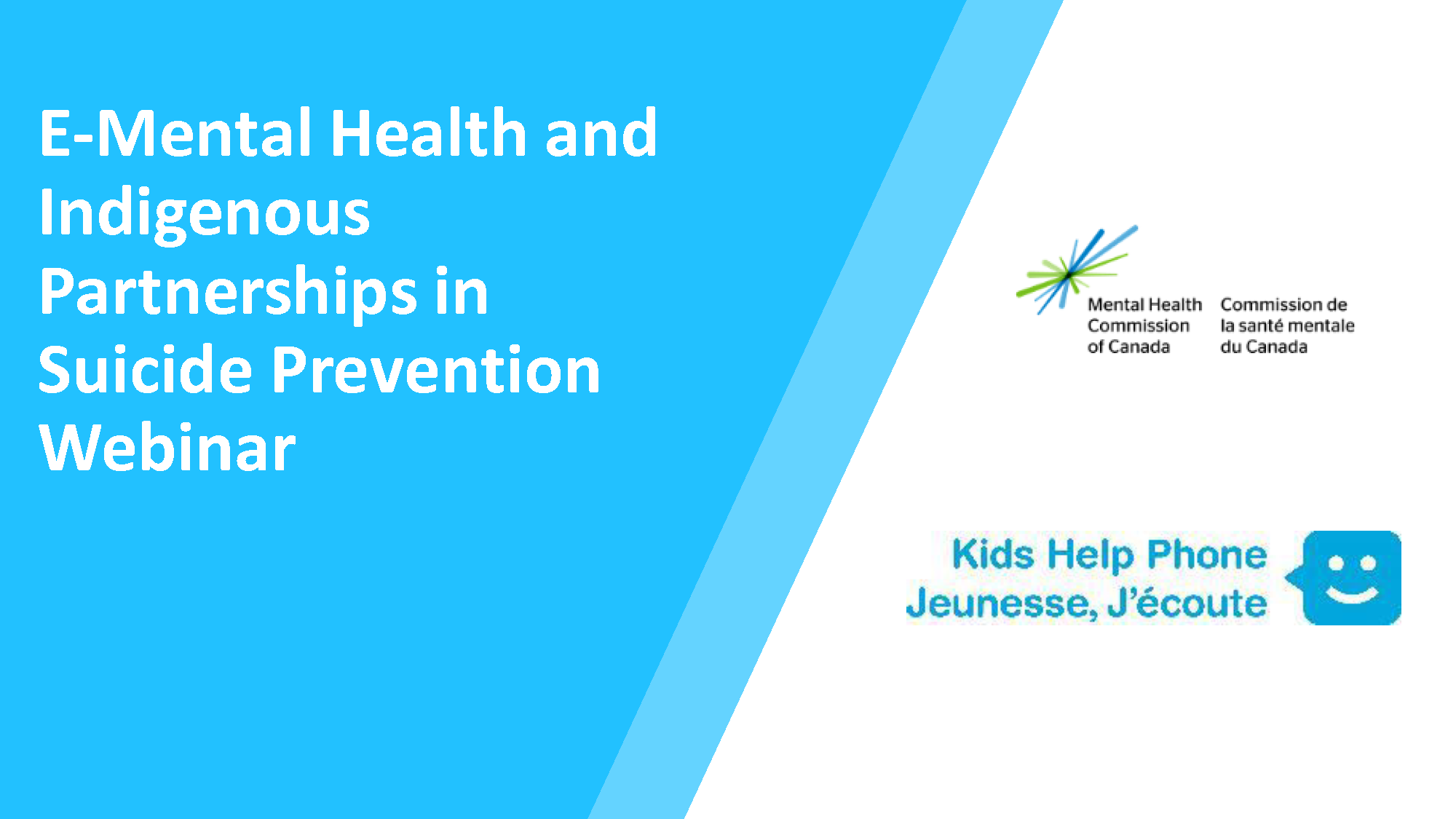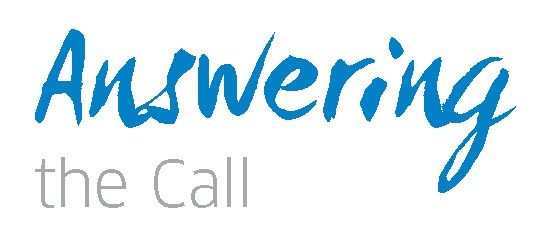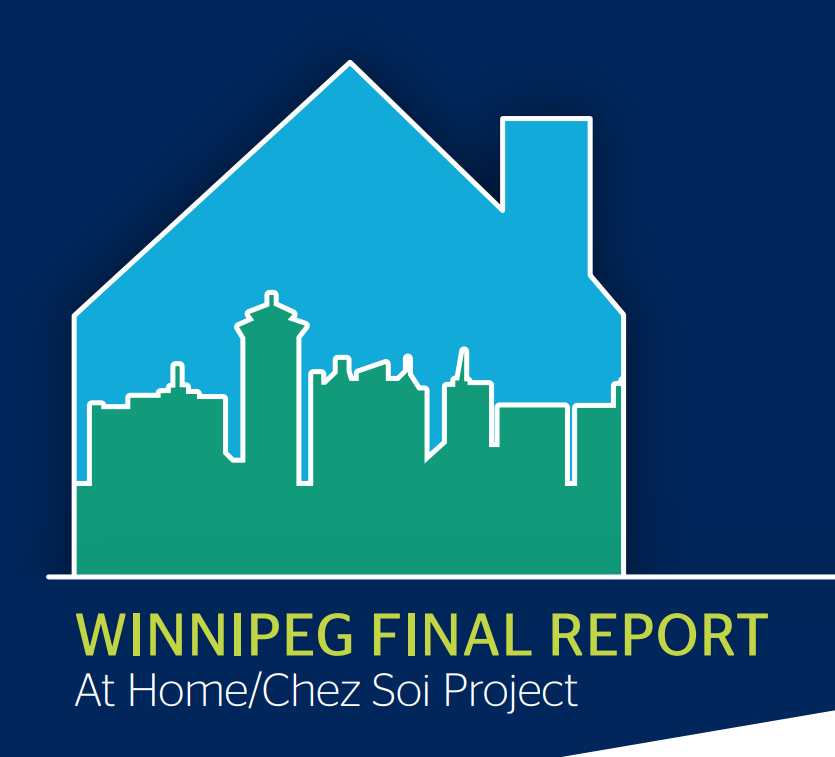First Nations, Inuit and Métis
What is the issue?
The Mental Health Strategy for Canada (Strategy) highlights that a broad range of legislation and policies aimed at assimilation have contributed to high rates of mental health problems, addiction, and suicide among First Nations, Inuit, and Métis (FN-I-M). The Truth and Reconciliation Commission of Canada (TRC) has qualified attempts to assimilate Indigenous peoples in Canada as tantamount to cultural genocide. While First Nations, Inuit, and Métis nations and communities may face shared challenges, important differences in culture and history must be honoured and distinct rights established through treaties, legislation, self-government agreements, and other means.
The MHCC is committed to a journey of learning and reconciliation. The TRC has placed respectful relationships at the centre of meaningful reconciliation. The MHCC has evaluated existing processes of engagement, and seeks to build respectful nation to nation relationships with First Nations, Inuit and Métis. Strong relationships of trust and mutual respect between the MHCC and FN-I-M governments, organizations, professionals, scholars, and communities will allow the MHCC to serve as an ally in supporting on-going efforts by First Nations, Inuit and Métis to heal from the intergenerational impacts of colonization, close gaps in services, share knowledge about approaches to mental wellness, increase community capacity, and strengthen collaborative relationships.
The MHCC also recognizes that the Métis people have not yet engaged in a process of reconciliation and we are committed to working in partnership with the Métis National Council as the process unfolds.
What are we doing?
Declaration of Reconciliation – The MHCC, in collaboration with a broad network of advisors, including survivors of the residential school system, has developed a Declaration of Reconciliation. This Declaration guides the work of the organization and provides our staff and partners with the principles and objectives we intend to uphold. It is an ‘evergreen’ document evolving as our knowledge and relationships deepen.
Mental Health First Aid (MHFA) First Nations is designed to speak to First Nations participants about mental health, where participants reflect on their life experiences and acknowledge the historical context of that experience. And from this, explore ways to restore balance on their journey to wellness.
Mental Health First Aid (MHFA) Inuit is a course designed by Inuit, for Inuit and for those who work with Inuit. The three-day course encourages people across Inuit Nunungat to have conversations about mental wellness with family, friends, and colleagues.

HEADSTRONG is an evidence-based anti-stigma initiative that teaches high school students how to reduce stigma and become mental health champions in their schools.
Roots of Hope is a multi-site, community-led project that aims to reduce the impacts of suicide within communities across Canada. The project builds upon community expertise to implement suicide prevention interventions that are tailored to the local context.
Mental Health and Cannabis Research – The MHCC is funding 14 projects that will be community led, culturally safe, focused on equity, and centred on lived and living experience. These innovative projects from across the country will address knowledge gaps in the relationship between cannabis and mental health for priority populations.
Upcoming projects that support First Nations, Inuit, and Métis in creating meaningful solutions to address the wellness needs of their communities include:
- Access to Quality Mental Health Standards
- Championing the Standard on Mental Health and Well-being for Post-Secondary Students
- Mental Health and the Criminal Justice System
- Standardization of Mental Health Apps
- E-Mental Health Strategic Partnerships & Stakeholder Engagement
- SPARK
- National Suicide Prevention Action Plan
Resources

The natural environment is changing, and people are worried about what it means for the future. That worry, which is increasingly becoming severe enough to cause distress and dysfunction, is…

In March 2020, the entire world experienced something new and scary. A pandemic that con ned us to our homes suddenly and changed the way we lived, worked and attended…
![]()
This three-part webinar series, co-hosted by the Canadian Centre on Substance Use and Addiction, focuses on emerging research about the impact of legalization for a range of priority populations across…

With Kids Help Phone’s suicide-related contacts more than doubling in the last 5 years, suicide prevention and life promotion have become increasingly important to its work. This webinar discussed how…

Together, with our stakeholder partners, we are making real and powerful change. Our collective successes have led to an era where mental health is better understood than ever before. But…

The inaugural First Nations, Métis and Rural HEADSTRONG Summit, held at Mount Royal University in Calgary, Alberta on October 4, 2016. Kainai High School in southern Alberta is joining them…

In 2012, the Mental Health Commission of Canada (MHCC) released Changing Directions, Changing Lives: The Mental Health Strategy for Canada. In order to build Canada’s capacity to promote mental health…

This report documents the final results of the At Home/Chez Soi Winnipeg site’s research demonstration project, which examined Housing First as a means of ending homelessness for people who are…